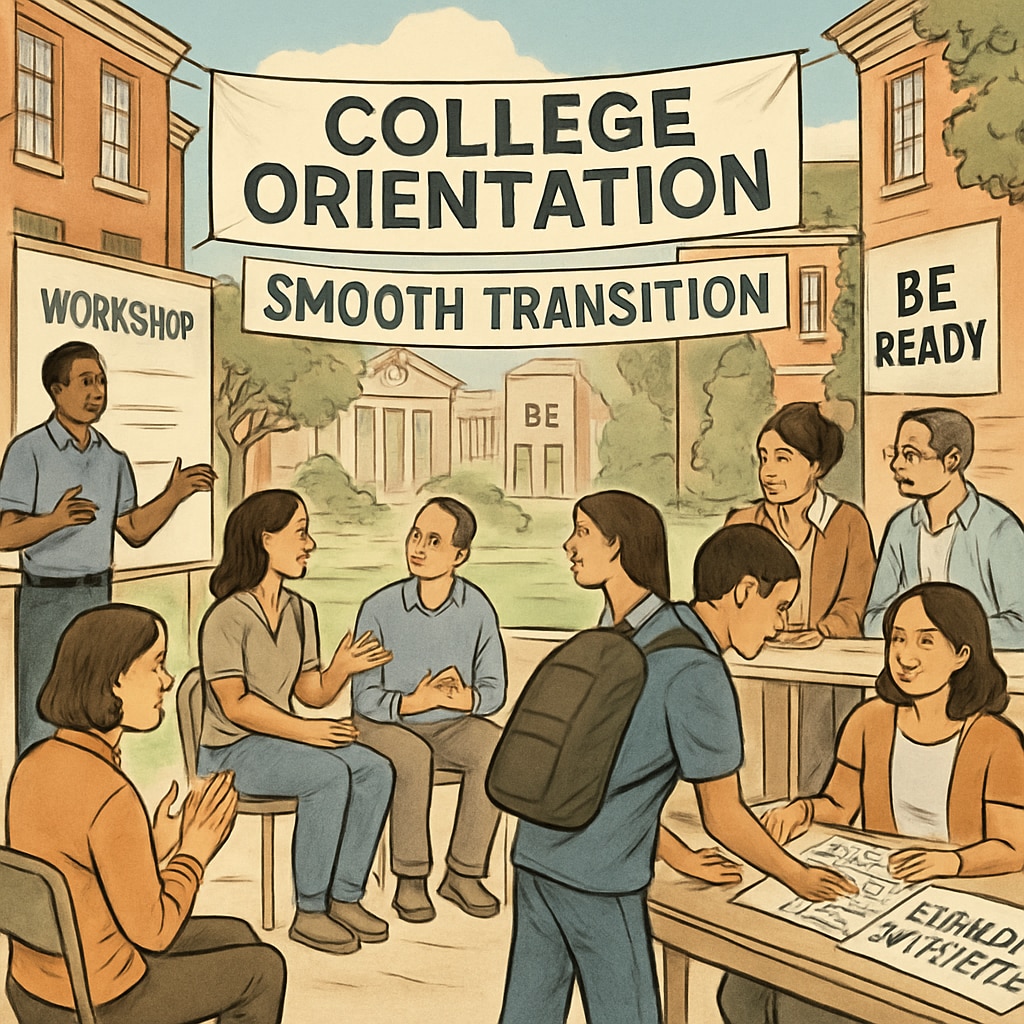Ensuring students achieve academic success is a goal shared by institutions across the educational spectrum. From K12 education to higher education, fostering environments that support student achievement requires deliberate focus on key characteristics. The transition from K12 to college presents unique challenges, and institutions that prioritize specific traits can help students succeed academically and thrive as lifelong learners. These traits form the foundation of “academic success traits, college completion, and higher education.”
Key Traits of Institutions That Promote Academic Success
The journey from K12 to college is marked by significant changes in academic expectations, social environments, and personal responsibility. To support students effectively, institutions must embody traits that address these areas. For example, strong academic advising, personalized learning opportunities, and mental health support are essential.
- Academic Advising: Institutions should provide clear and accessible guidance for students regarding course selection, career planning, and graduation requirements.
- Personalized Learning: Recognizing diverse learning styles and offering tailored educational resources enhances student engagement.
- Mental Health Resources: Supporting students’ emotional well-being is critical, especially during major transitional phases.

Creating Seamless Transitions from K12 to Higher Education
A smooth transition between K12 and college is vital for students to adapt successfully. Institutions that promote academic success often collaborate with their counterparts across education levels, ensuring continuity in skill development, expectations, and support systems.
Key strategies include:
- Skill Alignment: High schools and colleges should align curricula to ensure students are prepared for advanced academic work.
- College Readiness Programs: Workshops, mentorship initiatives, and preparatory courses can help students familiarize themselves with college life.
- Parent and Community Engagement: Strong communication between families and schools supports the holistic development of students.

Lifelong Learning: Building the Foundation for Academic Success
Institutions that excel in promoting academic success focus not only on immediate academic goals but also on cultivating lifelong learning habits. This includes fostering curiosity, resilience, and adaptability. By instilling these qualities early in students’ educational journeys, schools can empower them to succeed beyond the classroom.
For example:
- Curiosity: Encouraging students to explore new ideas and develop critical thinking skills prepares them for innovation and problem-solving.
- Resilience: Promoting a growth mindset helps students overcome challenges and persist in their studies.
- Adaptability: Teaching students to embrace change equips them to navigate evolving academic and professional landscapes.
Education institutions that prioritize these values often see their students graduate with the skills needed to thrive in higher education and beyond.
In conclusion, bridging the gap between K12 and higher education requires institutions to embody traits that support academic success, college readiness, and lifelong learning. By fostering environments that address academic, emotional, and social needs, schools and universities can empower students to achieve their full potential.
Readability guidance: Short paragraphs, clear section headings, and bullet points ensure easy navigation. Overuse of the passive voice has been avoided, and transitions like “for example” and “as a result” enhance flow.


